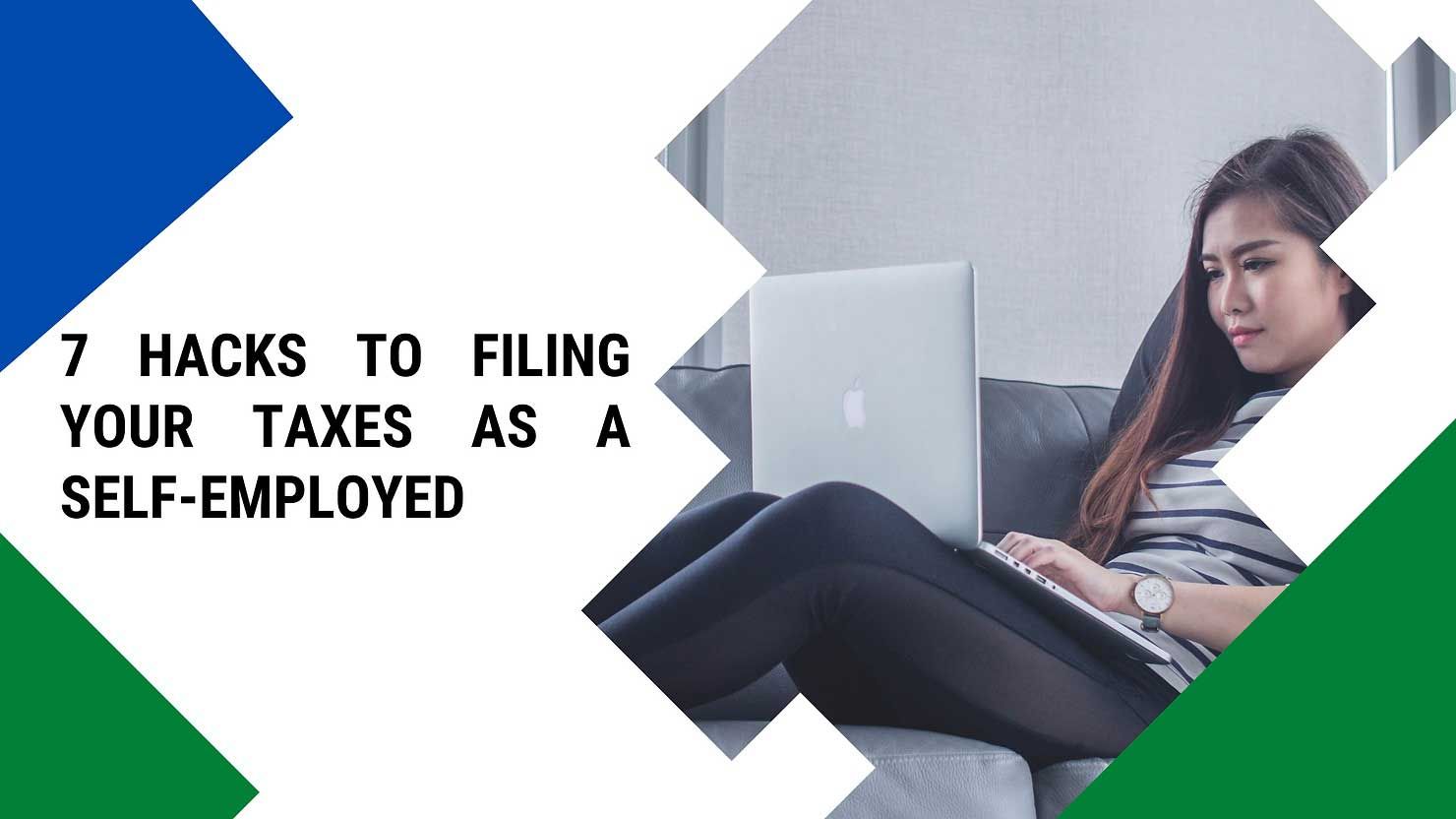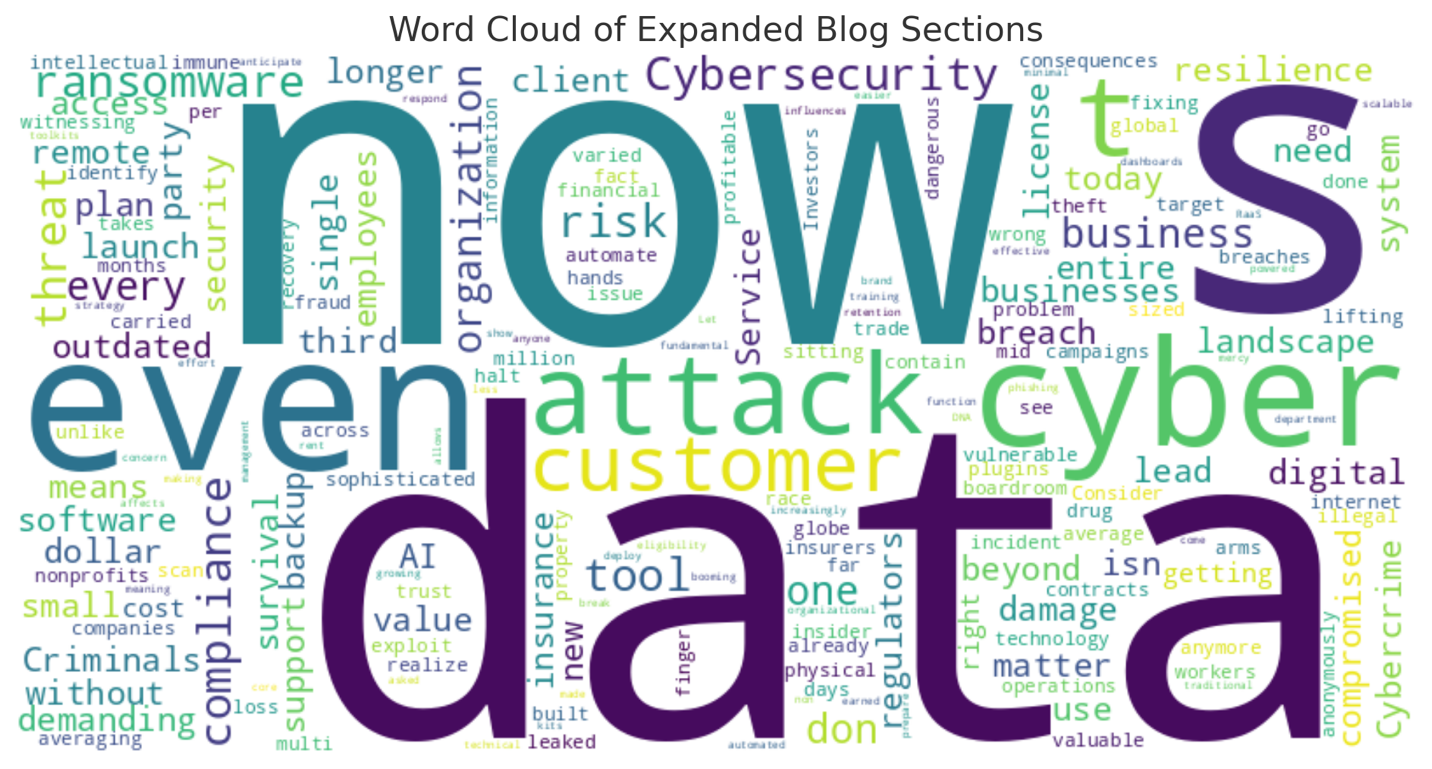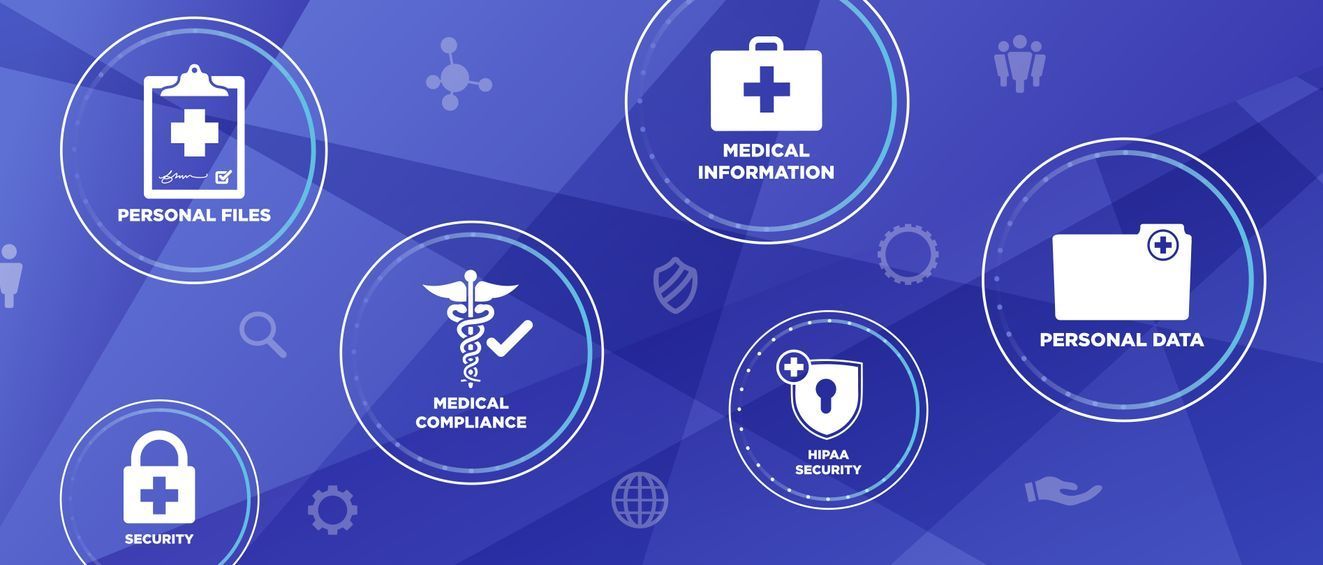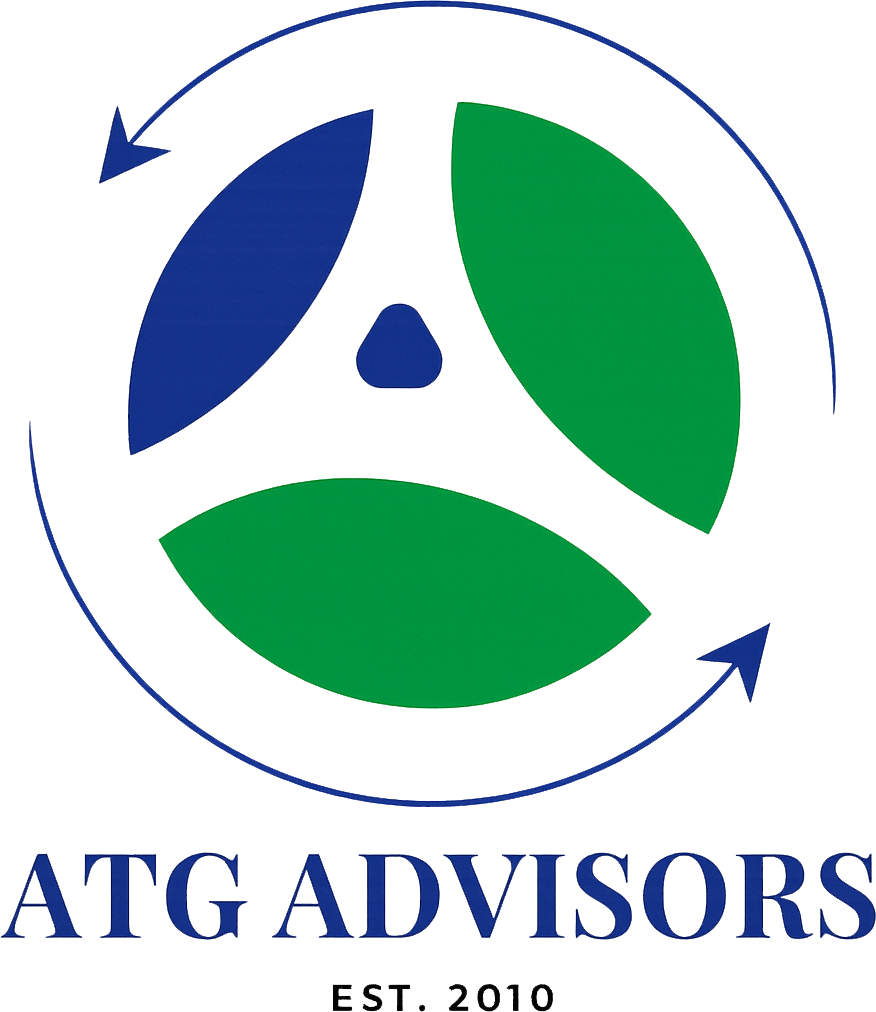7 Hacks To Filing Your Taxes As A Self-Employed

You are living the dream of many as a self-employed, being your boss, and having complete control of your actions. There are numerous perks to being self-employed, but being eligible for a number of tax benefits and deductions leads the bunch.
Although the US tax code contains rigorous dictates specifically for self-employed workers, it is often better to manage and pay close attention to your business taxes because you can only save money from your business by doing so.
With the use of the legal tax hacks highlighted below, you can help your business out and save more funds for future needs.
1. Hire A Professional Accountant
As a self-employed worker, you would require the skills and services of a professional accountant to keep you updated on the latest news, deadlines, and guidelines for tax payments and to familiarize you with the Internal Revenue Service (IRS) system of operation.
You'll need a tax preparation professional to assist in handling your business income, expenses, and tax payments as at when due. Having a bit of knowledge about tax codes and payment schedules can also save your business should you not indulge in the services of an accountant for your business.
2. Don't Throw Receipts Away
Receipts are a type of financial footprint for your business, and it is important not to discard them whenever you are issued one.
These receipts would come in handy when you need to check and balance your taxable income should the need arise. You can keep a digital track of these receipts instead of having a pile of paper lying around.
3. Keep A Tax Reminder
With your busy work schedules as a freelancer or independent contractor, forgetting to meet tax deadlines is possible. Before you know it, you have the IRS knocking on your door.
To avoid late payments, you need the services of an accountant or business expert to assist in reminding you of your payment. You can also make use of the IRS calendar to keep track of critical deadlines and avoid late payments.
4. Have A Set Financial Structure
Endeavor to develop a financial structure or habit even as a self-employed worker by setting financial goals such as funding a retirement plan and paying yourself a form of salary every month.
Developing the mindset to take care of your needs by setting money aside will minimize your spending and enable you to pay your taxes as due without accumulating unnecessary debt.
5. Maintain A Tax Strategy
Depending on your business income rate, you need to discuss your tax strategy with your accountant to manage your income and expenses.
Tax strategies can be discussed at the end of the year, accounting for all expenses and revenue, which can be incorporated into the preceding year.
6. Deduct Business Expenses
Track your business income for the entire year to estimate the taxes that need to be offset before the deadline.
As a freelancer or self-employed worker, you can keep a separate business account to this effect to keep track of both the spending and earnings which the business incurs. Some taxes are deductible if incurred as a side job, car mileage, advertising, home office expenses, and other business-related expenses.
7. Set Aside A Percentage Of Your Income To Pay Tax
To avoid late tax payments and running into debts, setting aside some part of your income to pay tax is advisable. Preparing your tax bill from the beginning of the year is a straightforward approach to freeing yourself from tax debt.
As a self-employed, it is easy to live on every paycheck available, which is a precarious endeavor, but when you prepare ahead for paying your tax bill, your business becomes safe and grants you peace of mind.
Final Thought
Keeping your business income and expenses organized throughout the year would help you meet tax deadlines and avoid the need to write late checks over incurred tax debts for your business.



